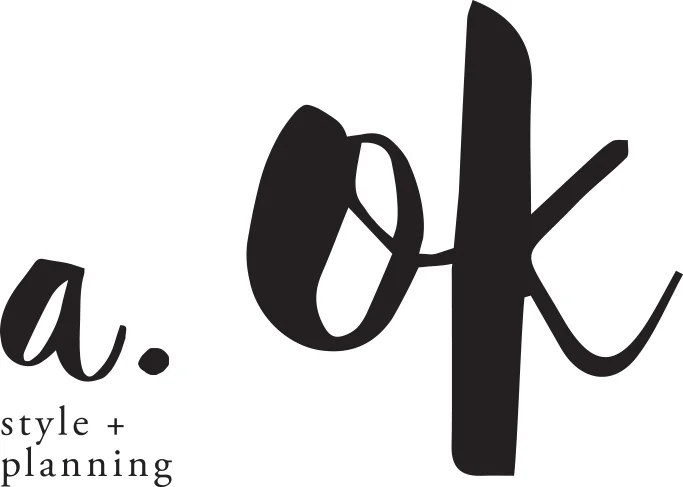why you should go over the edge
Working at your edge. Allie and I talk about this all the time. We try to walk up to it, define it, encourage each other to work there and passed it. But what does that even mean? It's not something that someone else can illuminate for you. It's always changing, from moment to moment, because it's based on the mystery of your inner mechanism. The brain tied to the heart tied to the ability tied to the fear.

Sometimes when I look at highly functioning, well-funded, pristine and polished pieces of work I think - now those are the edgy and smart tastemakers. They have something going for them. And whatever it is, they've been able to alchemize it into profit or success or longevity. It's unnamable. We try to access it with words, but the more we try the more it escapes. But we do know they have ideas that are validated by material affirmation.
Then sometimes I look at low functioning, budget-restricted, sloppy and unkempt pieces of work and I think - THAT is the edge. Diving into the abyss with no life raft, drifting on the bare bones of grit and hope. Not knowing if you'll ever land. There is something unmistakably dangerous when the odds are against you. We call it edgy because it's alone in the wilderness, where validation is extinct.
The only thing I know for sure about the edge is that it's where you are discovered. Whether it's easy or difficult or boring or frightening, it brings you out of you. Because no one else is there. No one else can show up to it. When the moment comes and you are standing heels on the line, toes dangling over it, the edge will tell you who you are.
Can you survive it? Can you balance on it - trying as hard as you can to stay centered and unshakable? Is that even the point? Or should we just tumble over, release that last piece of imagined control and find out who we are past the tipping point? I suppose the fear is of the complete and utter knowing of ourselves. The knowledge that means we can't go back. The possible disappointment. Or potential power.
Steven Pressfield calls this moment "turning pro." It's a sort of shutting off of whatever held you back in safety. A death of your pre-edge self. And like everything else in life, it's a choice. I don't know what it would look like for you - maybe relief, maybe freedom, or absurdity, or severity, or grace, or triumph. But I do know that your edge is an undiscovered no man's land - if you aren't there, no one is. But when we allow ourselves to pioneer our way into this unknown territory of ourselves, we become explorers for others, too. We allow them access to our edge and permission to reach their own. And when we do that, we just might make something worthwhile.
"The Edge... there is no honest way to explain it because the only people who really know where it is are the ones who have gone over."
- Hunter S. Thompson
What does your edge look like? Have you gone over it?






